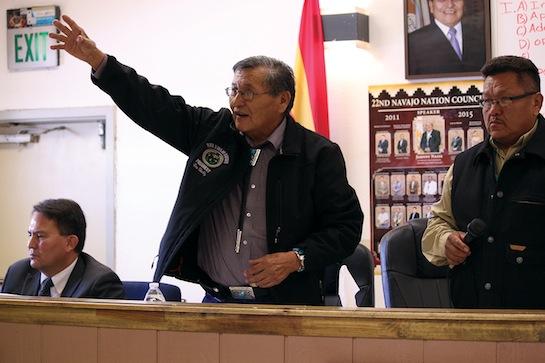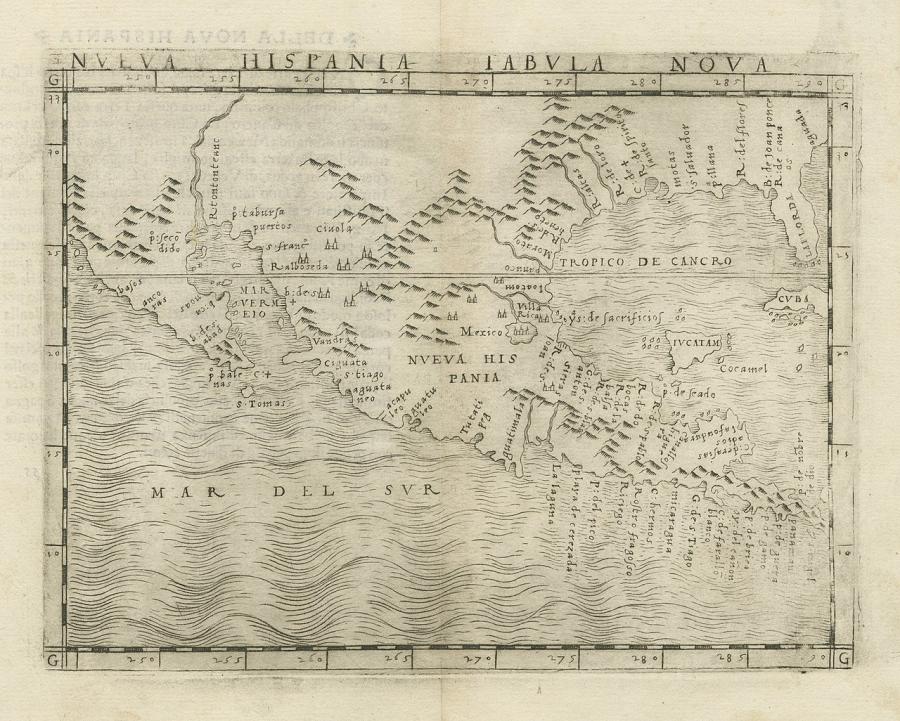
The Navajo Nation Council voted on May 30, 2014 to approve a $544 million settlement reached with the Federal Government over mismanagement of the tribe’s trust fund assets. The settlement is considered the largest made by the government with an individual tribe.
The suit was filed by the tribe in 2006 for “damages, interest, fees, costs, and other relief against the United States”. The terms of the agreement include the demand for a report of assets that continue to be held in trust by the government.
Seeking $900 million in damages, the Navajo Nation cited the federal government’s mismanagement of royalties from oil, gas, coal, uranium, and other mineral leases for which it was financially responsible.
The earliest claim made against the United States for mishandling of Navajo trust assets dates from 1946.
In 2010 the state of Utah agreed to settle with the Navajo for the amount of $33 million over the mishandling or disappeared of $50 million from an oil-and-gas royalty trust meant to benefit the Navajo Nation.
Funds from the trust were supposed to be used to improve reservation roads, health, and pay the school expenses of Navajo children.
Instead, the Native American Times reported that the state of Utah and two Navajo investment groups were found to have spent the money on loans to their own board members and business enterprises that never materialized, as well as underwriting the construction of a Lake Powell marina that was eventually destroyed by flooding.
The payoff from this 2010 settlement remained frozen in trust however, as Utah refused to release any but the most essential funds.
The lack of public notice or involvement of the Navajo people led council delegates and members of the Trust Litigation Task Force Mel Begay, Katherine Benally, and Dwight Witherspoon to oppose the approval of the current bill on the grounds that proceedings did not employ the transparency often advocated amongst the Navajo People.
However, Council delegate Leonard Tsosie urged speed while raising support for the bill’s approval. He argued that delaying action only jeopardized the chances of the Nation receiving its due.
In a recent story in the Navajo Times, Tsosie highlighted the 1999 RICO suit brought by the Navajo tribe against Peabody Energy, which resulted in a $600 million loss for the Navajo and a scant $50 million settlement – 13 years later in 2011.
Moving forward, the money from the settlement would be placed in the Navajo Nation’s general fund. From there, further council discussion would be required to decide how the funds are to be allocated.
Infrastructure improvements on Navajo reservations have been suggested as a possible area of investment by Navajo Nation Council President Ben Shelly. In a prepared statement related by the Tucson Sentinel, he argued for improvements to housing, infrastructure and accessibility for disabled Navajo citizens.
In a May 30th Navajo council statement, task force member Delegate Shepherd remarked: “I am pleased with the awarded amount and it demonstrates our Nation’s sovereignty as we were in the driver’s seat throughout the negotiations.”
If approved by the federal government, the funds would be due to the Navajo tribe within 120 days.


